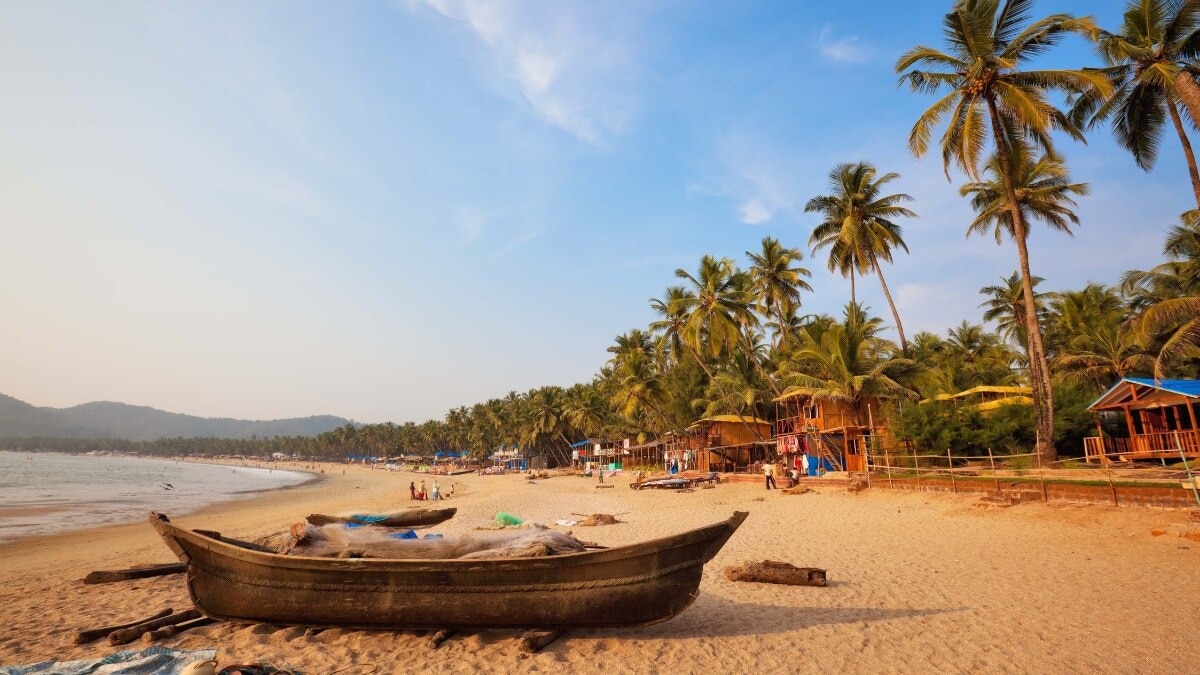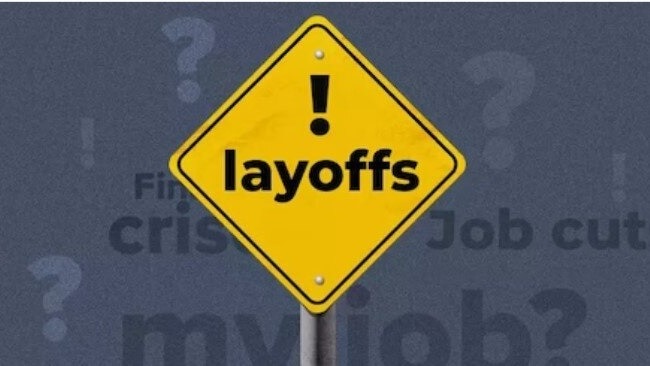In recent weeks, Goa’s once-glittering tourism image has been jolted by a series of disturbing developments. A brutal assault on minors at a Calangute hotel has ignited urgent concerns over visitor safety, prompting immediate police intervention and renewed scrutiny of hotel operations.
The tourism flux doesn’t end there. A temporary ban on app-based cabs like Uber and Ola, framed as a move to protect local taxi unions, has amplified long-standing complaints over erratic pricing and taxi intimidation. Add to this the controversial introduction of dual ferry fares — charging tourists more than locals — and what emerges is a picture of a state wrestling with how to manage its most vital industry.
These shifts have ignited a wave of backlash on social media, with one LinkedIn user declaring bluntly: “Goa tourism needs to die.”
In a scathing post, the user continued, “For a state that gets a sixth of its GDP from tourism, the government and the locals have the worst attitude for tourists. Forget hospitality, Goa welcomes you with threatening gazes from taxi drivers and at best indifference from others employed by the tourism industry.”
The post detailed long-standing issues with local transport. “When I was 17/18, I took a cab from my campus to the nearest town (Vasco). A 8 km ride cost 600 rupees. Hordes of taxi drivers would be waiting at the campus gate and dictate this insane prices. The taxi mafia has only grown stronger since then. A cab from the airport to the city (20km) costs upwards of 1,500,” it read.
Citing a recent experience, the user added, “I was in Goa last month. For the ride back to the airport, we had booked cabs directly from the hotel (at another 100% premium to the already exorbitant Goa rates) for the team. While waiting for them to arrive, a local taxi driver approached. A tall fellow built like a truck. I told him we already had cabs booked. He said quite menacingly ‘Online cabs are not allowed here. He will not come’. 10 mins later, when the cab did arrive, he went to the driver and asked him ‘Goa Miles?’ The driver said no and after some hushed discussion, he was ‘allowed’ to continue.”
Criticising the government’s stance, the user stated, “And now, the CM says that they will still not allow cab aggregators in the state. He is buckling under the pressure from the state taxi union (which is basically now a mini crime syndicate) and local politicians (who own such taxi fleets). This is daylight robbery. A powerful monopoly in action.”
The post concluded with a broader call to action: “This is also an opportune moment for the other coastal states to develop their tourism. It’s astonishing that in a country with 11,000 km+ long coastline, there aren’t many viable beach destinations for tourists. As long as supply is limited and far lower than demand, either such monopolies will flourish or people will simply come to their senses and travel abroad instead.”







